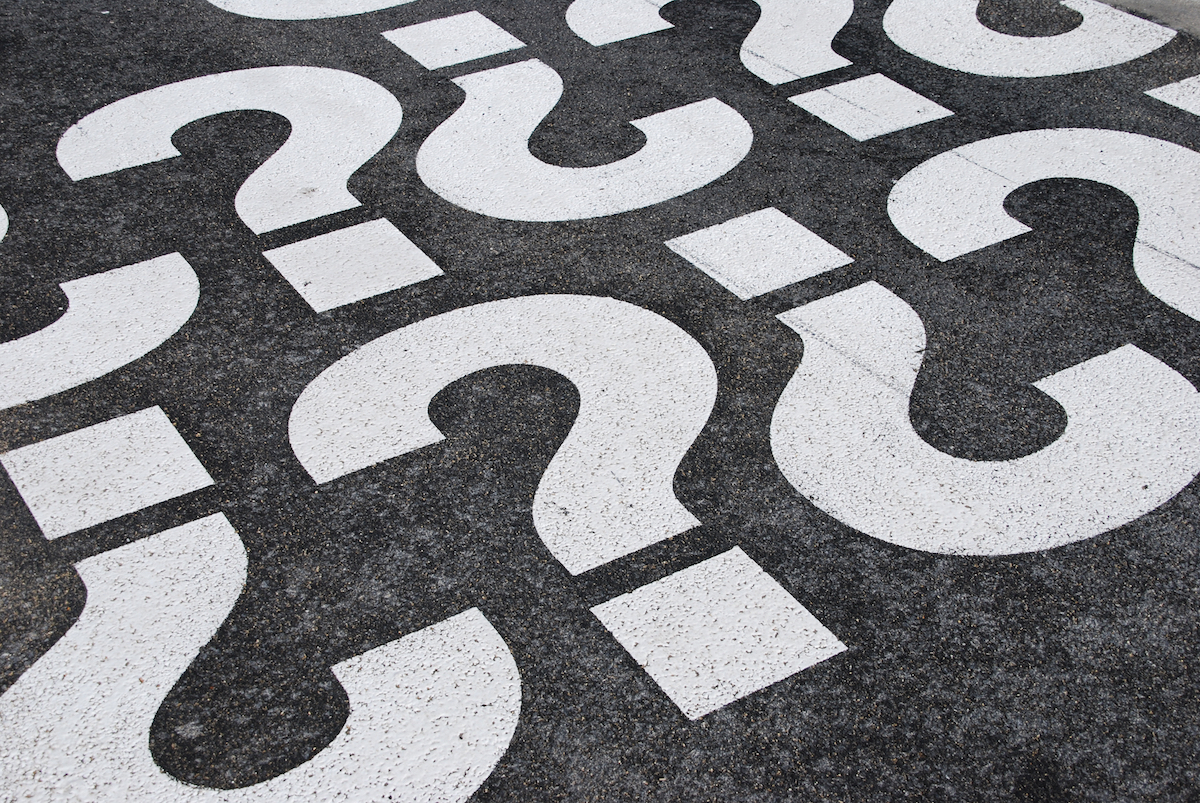- BY Susan Tucker
- POSTED IN Gluten-Free Life, Information
- WITH 0 COMMENTS
- PERMALINK
- STANDARD POST TYPE

By now you likely know that celiac disease is an autoimmune disorder caused by damage to the lining of the small intestine. This damage occurs when the specific substance, gluten, is consumed. Found in rye, wheat, barley and even some oats, gluten attacks the lining and prohibits the intestine from performing its necessary job of absorbing necessary components of food. Certainly, with such an intense response, you may be wondering is celiac disease life threatening? Let’s explore.
Celiac Disease – Questions to Ask
Is Celiac Disease Life Threatening?
No, for the majority of people their life is not threatened by this disorder. However, because it is an autoimmune disease, those with it are more prone to getting another autoimmune disease. This is where the real problem comes in and why early diagnosis is so crucial – when untreated, the disease does, in fact, have life-threatening implications. Individuals with celiac are more likely to have diseases such as cancer, rheumatoid arthritis, thyroid issues, type 1 diabetes to name a few.
What Symptoms Should I Be Looking Out For?
Diagnosis can often be difficult because symptoms vary from person to person. However, some symptoms to look out for would include:
- Constipation
- Bloating
- Decreased appetite
- Lactose intolerance
- Nausea and vomiting
RELATED:
- Celiac Disease 101
- Celiac Disease in Children – What to Know, What to Do
- Is There a Connection Between Celiac Disease and Diabetes?
Is There A Cure?
While there is no scientifically proven cure for celiac disease, there are numerous methods that can be put into place in order to decrease effects and eventually live a healthy, normal life. The main method would be the strict and disciplined following of a straight forward gluten-free menu. Over time, all symptoms will disappear and the lining of the small intestine will eventually heal.
How Can It Be Prevented?
Unfortunately, science has still not been able to offer an exact cause of the disease and therefore there is no way of really telling how to prevent it effectively. However, living pro-active is key; if you are aware for instance that a family member suffers, your early visit to your health provider could result in early diagnosis and thus a much quicker and happier recovery.
With the way the world is going today and how health conscience the food market has become, going gluten-free due to celiac disease or even just due to personal choice is not a difficult life change. With the right mindset, diet, and willingness to thrive, you can live the best version of you!
Disclaimer: This information is not intended to treat, diagnose, cure or prevent any disease. All material provided on this Site is provided for information purposes only. Always seek the advice of your physician or other qualified health care provider with any questions you have regarding a medical condition, before undertaking any diet, exercise, other health program, or other procedure set out on this Site.


